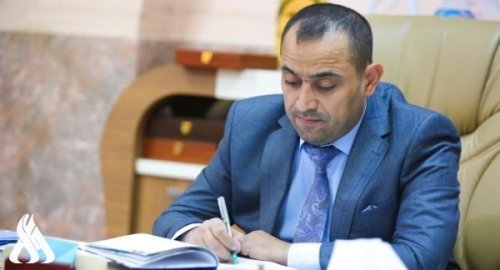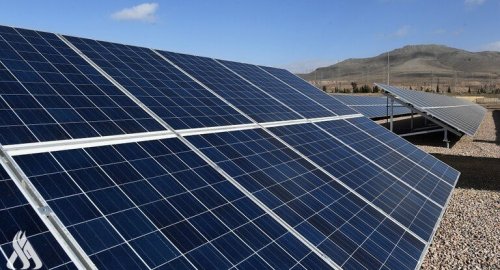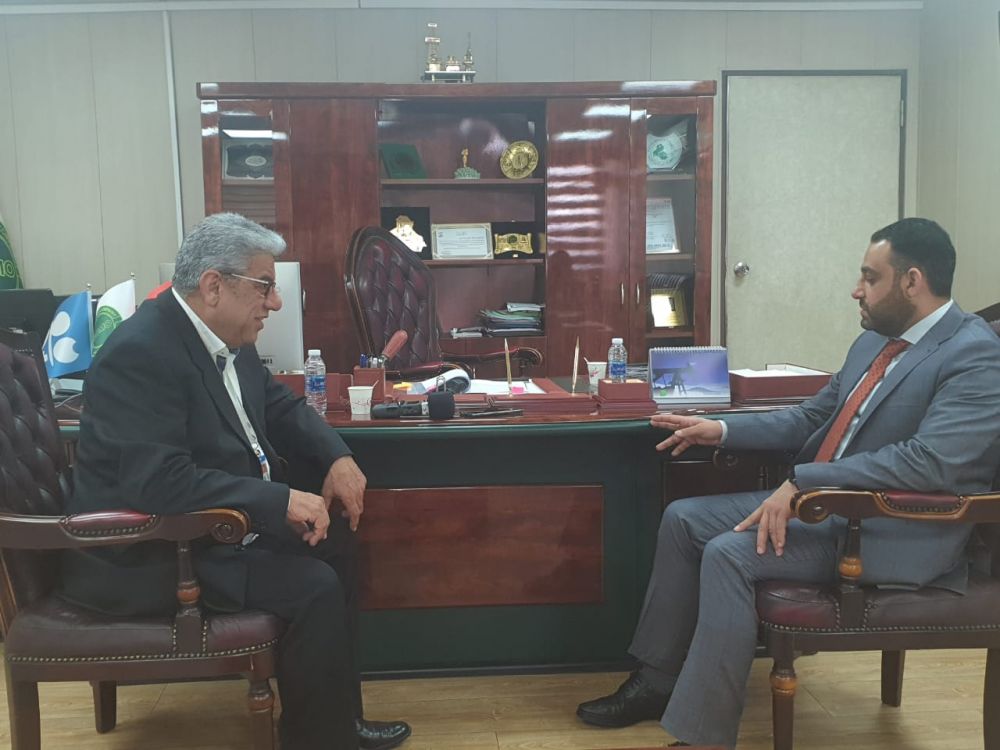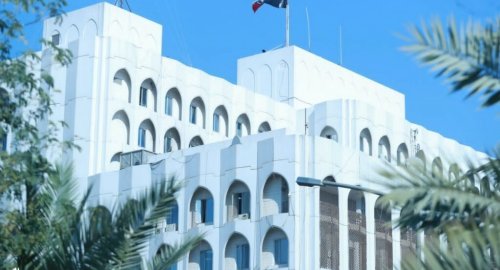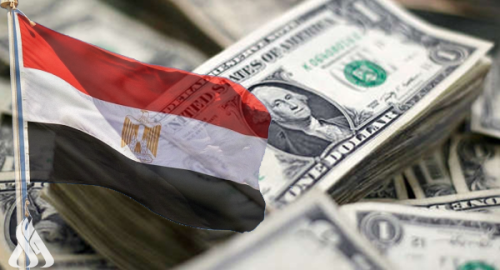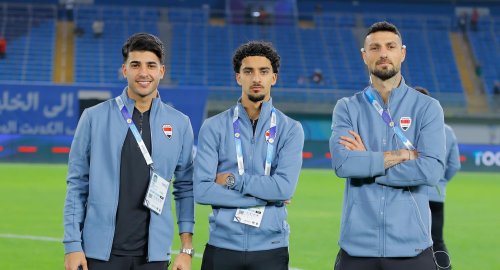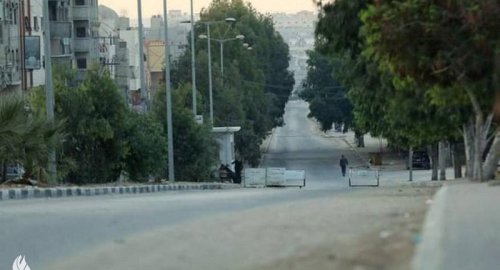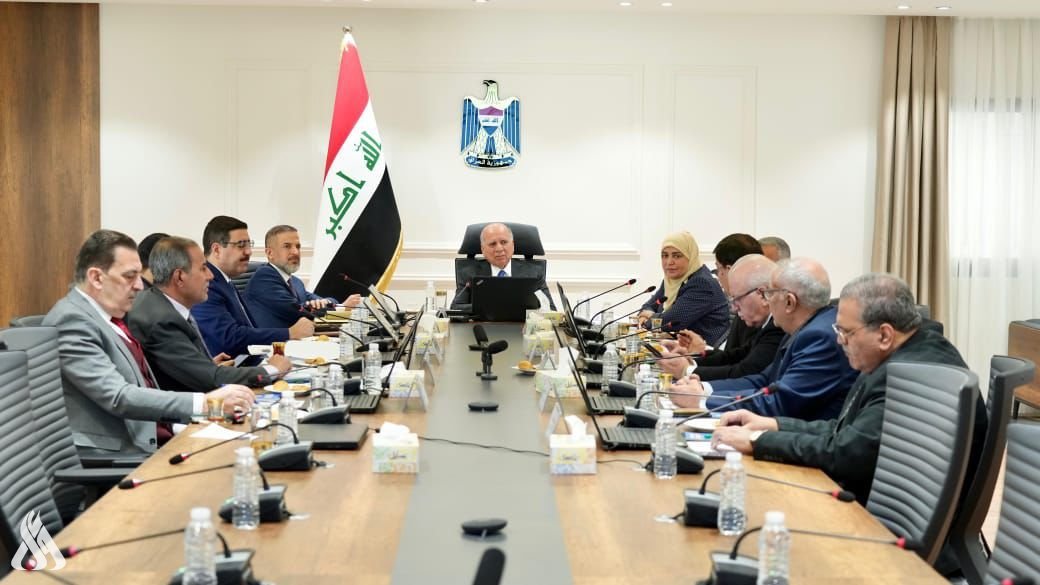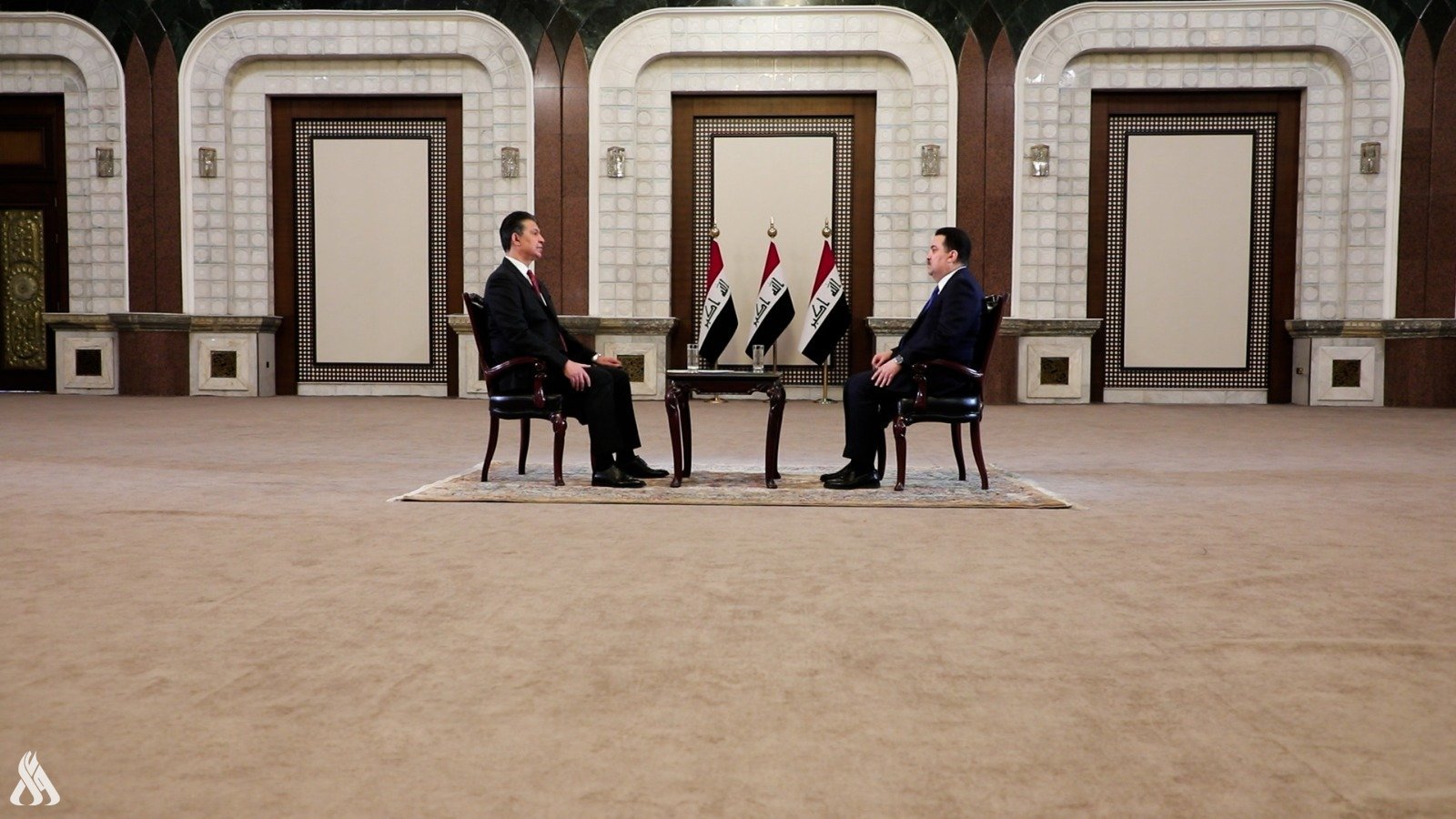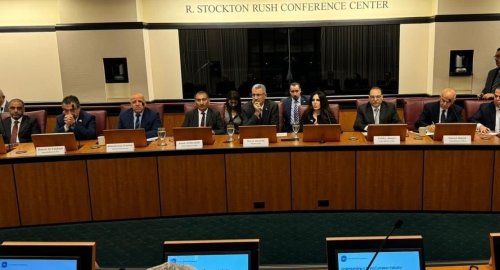
Oil Minister: 65% increase in generating units efficiency for Combined Cycles

Economy
- 9-09-2024, 21:00
INA - BAGHDAD
The Minister of Oil, Hayan Abdul-Ghani, announced, on Monday, an increase in the efficiency of generation units to more than 65% for combined cycles.
Deputy PM for Energy Affairs and Minister of Oil, Hayan Abdul-Ghani, held a meeting with the US side in the presence of the US Assistant Secretary of State, the Director of the Institute, the President of the US Chamber of Commerce, and several companies, during his visit to the Baker Institute, Houston, according to a statement by the ministry - received by the Iraqi News Agency - INA.
Abdul-Ghani stressed the "depth of cooperation with the US side. 20 years of cooperation and partnership in various fields such as oil, energy, agriculture, trade, business, and at the governmental and investment levels for both sides," stressing "the importance of exchanging visions and ideas, as well as reviewing joint opportunities in the interest of both countries."
"The Iraqi delegation includes an elite group of specialists and decision-makers in technical, oil and investment affairs; for a new round of growth rounds for the previously drawn frameworks as to open new areas of cooperation and partnership between the two parties," he noted.
He explained that "the Ministry of Oil is very interested in cooperating with US and Western European companies that wish to visit Iraq and will receive great attention from the Iraqi side. In return, the Iraqi side will work to send high-level delegations to visit the US, after invitations are extended by solid companies; to discuss the proposed projects to reach levels of strategic partnership that serve the common interests of all parties."
"Iraq is in an advanced position in the energy industry at the global and regional levels, which comes from its oil reserves that exceed 145 billion barrels of explored oil, with a production capacity of more than five million barrels of oil. It comes with a confirmed gas reserve of more than 130 trillion standard cubic feet and an expected reserve to reach more than 160 trillion cubic feet. This makes it a major and influential player at the regional and global levels," he pointed out.
The Minister of Oil highlighted "The ministry's implementation of gas investment projects that have given clear progress in gas investment from various fields. The percentage of invested gas did not exceed 51% of associated gas in 2022, as this percentage increased to more than 65% in the current year. This came from the implementation of many projects related to gas investment through cooperation with international companies and national efforts. Gas flaring will be completely stopped by the end of 2028 so that Iraq will be one of the countries that contribute greatly to reducing thermal emissions and benefiting from this energy as well as employing it towards generating electricity and various industries."
"In the refining sector, we are proud that we have recently added refining capacities exceeding 360 thousand barrels per day in the Karbala and North refineries and the fourth unit in the Basra refinery, in addition to supporting units distributed in other locations to suffice the country with a wide range of products that were included in the import basket. Rather, the ministry is in the process of exporting some of them, especially gas oil,” he added.
He indicated that “there are many gas exploration areas with high and medium promise to contain large quantities of natural gas and are available for investment spread across Anbar and Nineveh governorates. Specialized US companies can contribute to investing in these areas according to the mechanism adopted by the Iraqi Ministry of Oil, as some of these areas contain very large quantities of natural gas with very high promise.”
"We are also working on an updated economic model for partnership with the private sector in investing in gas in the Bin Omar field, which documents a new direction for the government and the ministry to involve the private sector more responsibly and effectively amidst a higher national vision to activate the fruitful and attractive partnership with the private sector, especially since the government has issued detailed instructions for partnership and investment patterns through instructions No. 1 of 2024, which indicates the Iraqi legislator's determination to diversify sources of project financing. It gives the private sector a broader and greater role. The government is adopting integrated projects to benefit from the added value of crude oil and gas production, as these projects include crude oil production, associated gas investment, and electricity generation. It establishes a refinery that is compatible with oil production. It also establishes petrochemical and fertilizer factories to be integrated projects in all aspects that establish complementary industries to contribute employing workers, provide job opportunities and multiple industries that allow the private sector to contribute to developing the national industry," he explained.
Abdul-Ghani added, "In the meeting, there are bold decisions to start establishing the Development Road linking the south to the north and signing an MOU with the Turkish, Emirati and Qatari sides in this regard. This will establish the development of free zones and various industries."
He noted that "in the field of electricity, the government has taken effective measures to develop the generation system by adding combined cycles to power generation stations with capacities exceeding 5,000 megawatts and reducing thermal emissions by increasing the efficiency of generation units from 35% for the simple cycle to more than 65% for combined cycles, in addition to effective measures to develop the distribution system and throughout Iraq."
"The Ministry of Electricity has taken practical measures to activate the system of importing and exchanging electricity with neighboring countries. Memoranda of understanding have been signed in this field with the Hashemite Kingdom of Jordan, Turkey, the Kingdom of Saudi Arabia and other Gulf countries through the State of Kuwait. The measures continue to develop the electrical system to reach self-sufficiency, in addition to promising projects to generate electricity using solar energy," he concluded in his statement.
Egypt announces payment of $38.7 billion of its debts
- International
- 09:58
Syria: Imposing a curfew in the city of Homs
- International
- 07:45
US Central Command: We killed ISIS terrorist leader Abu Yusuf in Syria
- International
- 24/12/20
Liverpool compete with Real Madrid to sign Olympique Lyonnais star
- Security
- 24/12/19
7 ISIS elements arrested in Kirkuk
- Security
- 24/12/20
